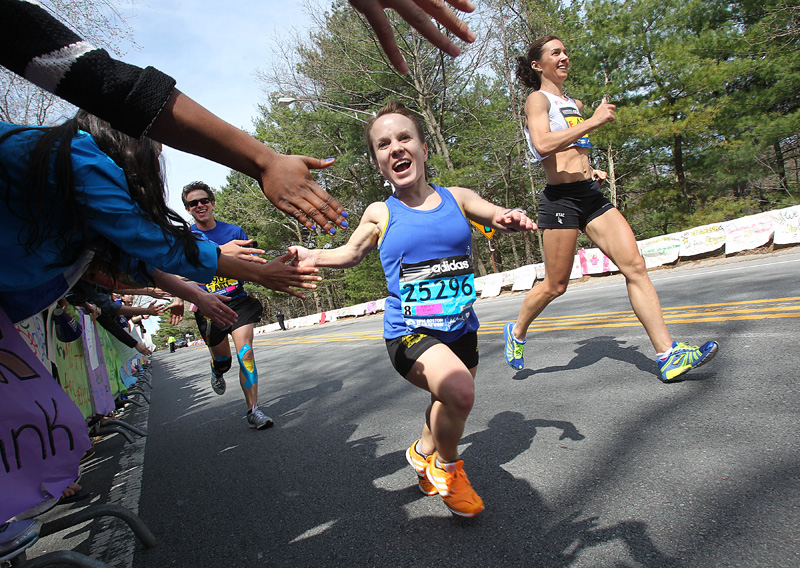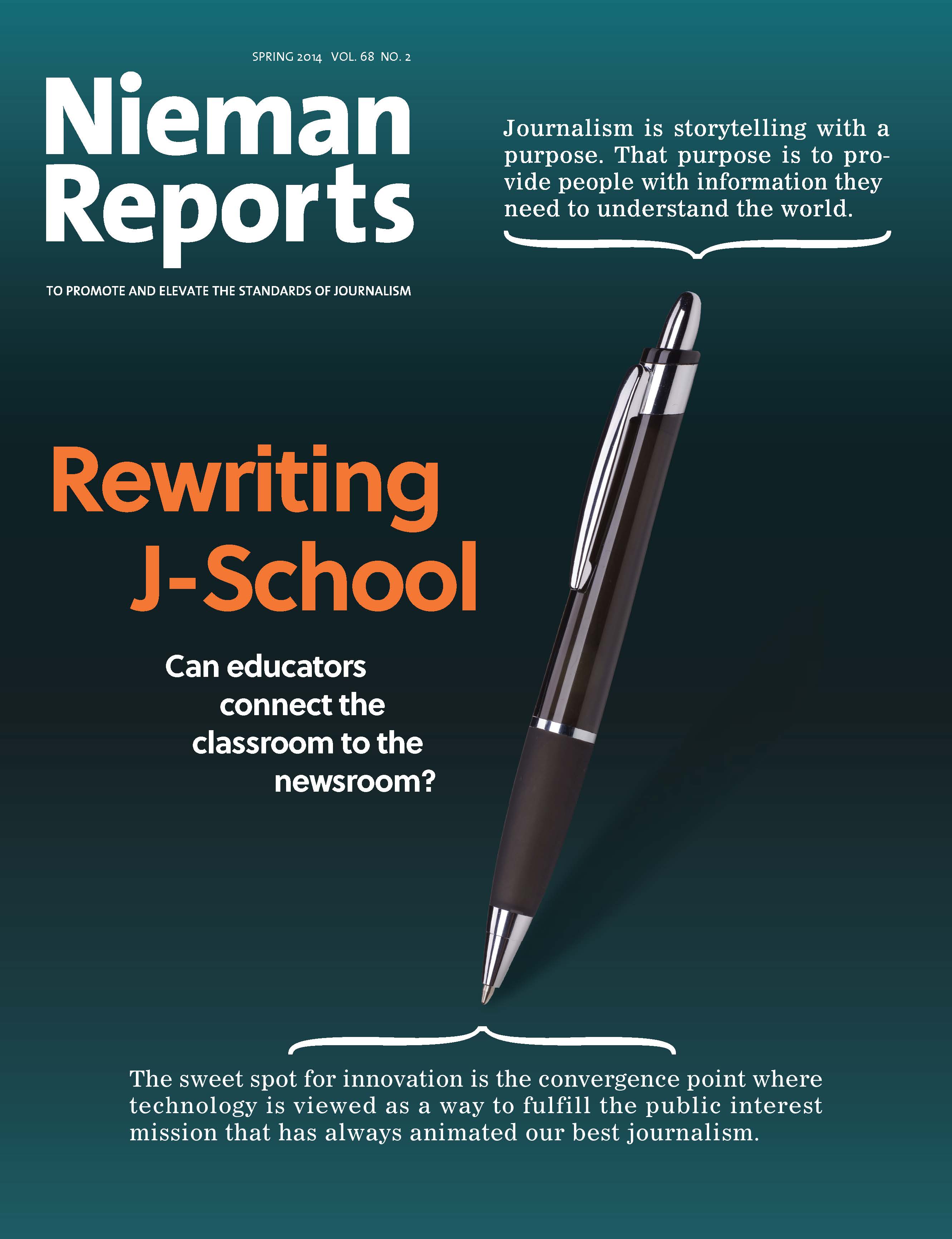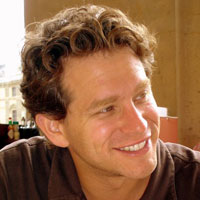
Juli Windsor and David Abel, behind her
A year ago, I was lapping up all Harvard had to offer, from poetry criticism with Helen Vendler to economic policy with Larry Summers. Even more compelling were my fellow fellows.
Last April, with the daffodils and tulips in bloom at Lippmann House, I didn’t know how abruptly my fellowship would end. On April 15, I was up before dawn to meet Juli Windsor, who at 3-foot-9 hoped to become the first dwarf to run the Boston Marathon. Making a documentary about her was the final project for my film class. After following Juli along the marathon course, I set up my camera at the finish line. She was due to cross at any moment.
Then I felt it. The street shuddered. I saw a flash of light and a cloud of smoke erupt fewer than 20 steps from me. I smelled sulfur and the shock wave pushed me back several steps.
Twelve seconds later, as I struggled to make sense of the growing pandemonium, I heard the second blast. Instantly, I knew what had happened.
In those fraught moments, my respite in academia ended. My hands shook as I filmed the horror and called in the first story about the attack to my colleagues at The Boston Globe, who posted my words, sentence by sentence, editing out my anger. Afterward, between calls from the BBC, CNN, and networks from New Zealand to Chile, I wrote a first-person account for the paper. My footage was viewed by tens of millions of people around the world.
Sleep wasn’t easy over the coming weeks, especially as I edited my film.
Over the following year, I told stories of the profound impact of that day. For six months I followed one family who suffered the worst of it. Their 8-year-old son died and their 7-year-old daughter lost a leg. The husband had severe ringing in his ears and the wife was blind in one eye. My two-part narrative about the Richard family, among the longest ever published in the paper, ran the Sunday before the anniversary and triggered thousands of messages, a response unlike any other story I’ve written.
The following day, my colleagues and I won the Pulitzer Prize for Breaking News, which felt more like a Purple Heart and sparked more sadness than celebration. The next day, on the anniversary of the attack, I interviewed spectators, runners and others who had come back to stand where they had been the year before. That night, “25.7: In Twice the Steps,” the film I made as a fellow, was broadcast to a national audience on cable.
For the Marathon, the next Monday, I was up at dawn to meet Juli. This time I accompanied her every step of the way. Our hearts raced as we passed where the bombs had detonated and we crossed the finish line together, holding hands.
The next morning, despite the throbbing in my legs, there was one place I wanted to be more than anywhere else. Back at Lippmann House, the daffodils and tulips were in their full glory and I felt at peace as I limped inside.
The staff of The Boston Globe, including reporter David Abel, NF ’13; columnist Kevin Cullen, NF ’03; managing editor for news Christine Chinlund, NF ’98; and city editor Stephen Smith, NF ’00; was recognized with a 2014 Pulitzer Prize for Breaking News.



